To provide the best experiences, we use technologies like cookies to store and/or access device information. Consenting to these technologies will allow us to process data such as browsing behaviour or unique IDs on this site. Not consenting or withdrawing consent, may adversely affect certain features and functions.
The technical storage or access is strictly necessary for the legitimate purpose of enabling the use of a specific service explicitly requested by the subscriber or user, or for the sole purpose of carrying out the transmission of a communication over an electronic communications network.
The technical storage or access is necessary for the legitimate purpose of storing preferences that are not requested by the subscriber or user.
The technical storage or access that is used exclusively for statistical purposes.
The technical storage or access that is used exclusively for anonymous statistical purposes. Without a subpoena, voluntary compliance on the part of your Internet Service Provider, or additional records from a third party, information stored or retrieved for this purpose alone cannot usually be used to identify you.
The technical storage or access is required to create user profiles to send advertising, or to track the user on a website or across several websites for similar marketing purposes.
 A new survey by UK job board Totaljobs, claims that despite increased appetite in the UK for remote working practices to continue into the future, the disconnection from the day-to-day social interactions of the workplace and the encroachment of work on our home lives has seen feelings of loneliness and isolation take hold, in a workforce already struggling to adapt to the challenge of the ‘new normal’. (more…)
A new survey by UK job board Totaljobs, claims that despite increased appetite in the UK for remote working practices to continue into the future, the disconnection from the day-to-day social interactions of the workplace and the encroachment of work on our home lives has seen feelings of loneliness and isolation take hold, in a workforce already struggling to adapt to the challenge of the ‘new normal’. (more…)






 New research by the
New research by the 





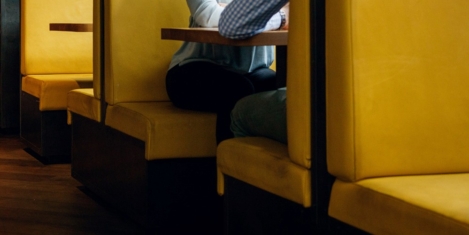

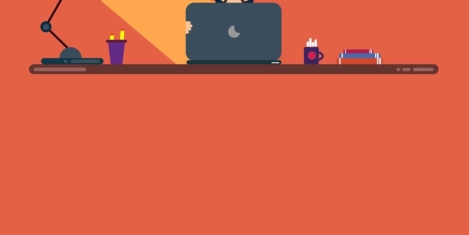





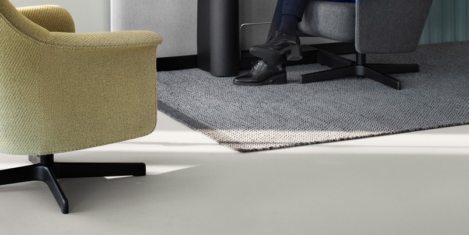
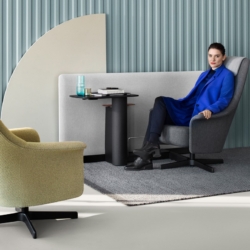
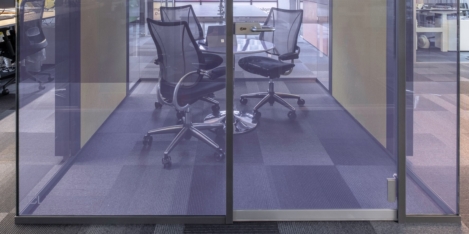
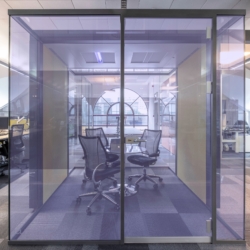








September 16, 2020
Get used to the idea of work as an experience rather than a place
by Tim Oldman • Comment, Flexible working, Property, Workplace design